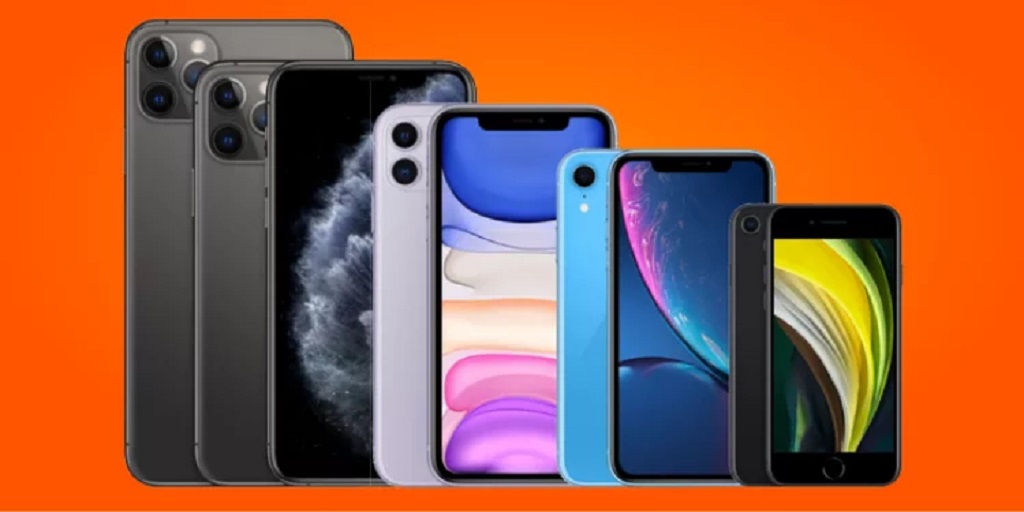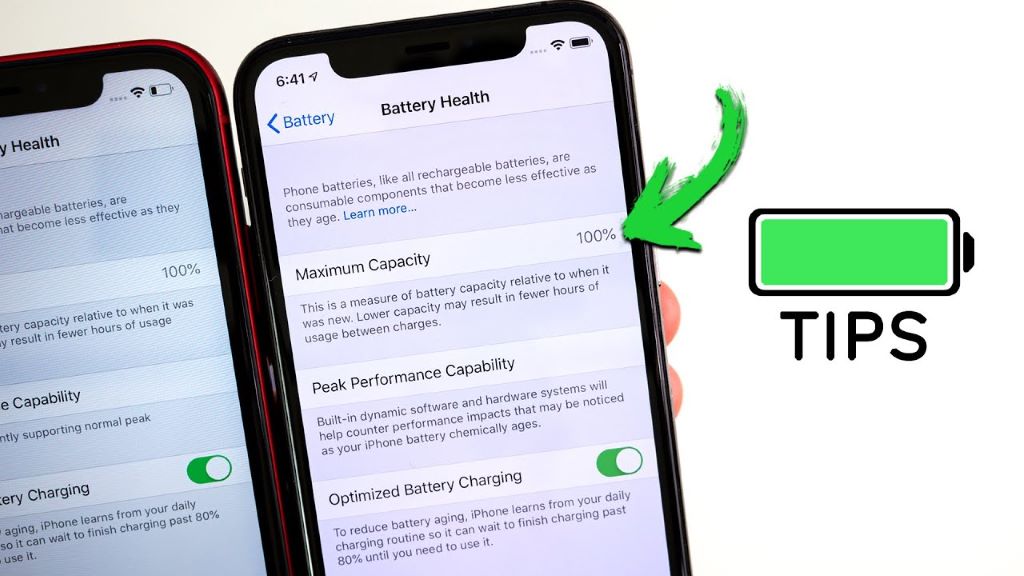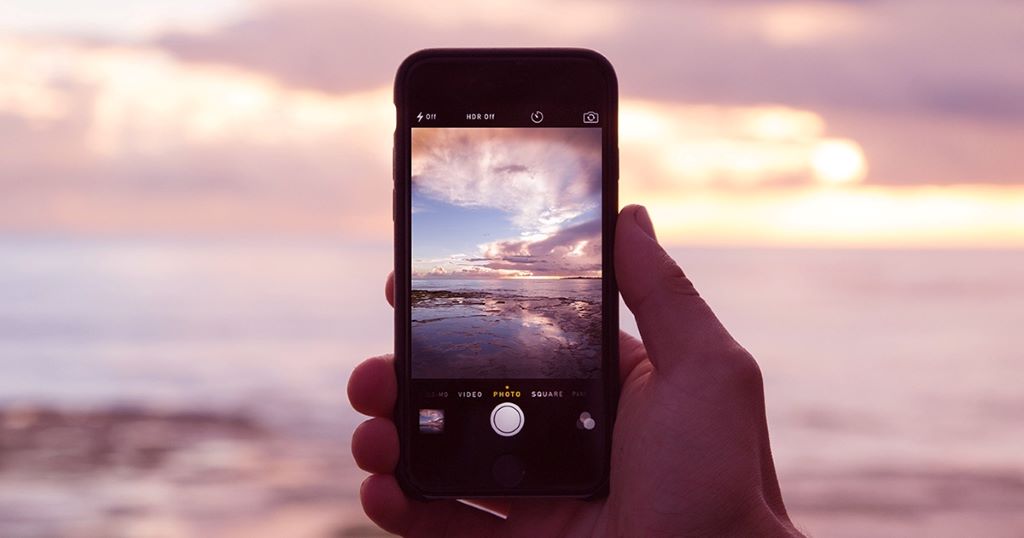In a world where technology’s pulse beats faster than ever, a question looms large for every iPhone enthusiast: how long should an iPhone last? We all crave longevity, an enduring alliance with our sleek devices, but the turbulent waters of tech advancement often obscure the answer. The unspoken fear: how long does an iPhone last, truly? As you hold your iPhone, a marvel of modern engineering, you ponder its lifespan. Will it falter under the relentless march of progress?
Understand this, the lifespan of your iPhone is a tale woven intricately by diverse threads – software evolution, hardware resilience, and your usage habits. Join us on an exploratory journey through the labyrinth of iPhone lifespan, dissecting the enigmatic factors that influence its vitality. Stay tuned, for we are about to unravel the mysteries, guiding you through the maze of uncertainty, answering that burning question: how long can an iPhone last?

How Long Should an Iphone Last?
iPhones are known for being durable and long-lasting smartphones. However, the exact lifespan of an iPhone will vary depending on a number of factors, including how well you take care of it, how often you use it, and what kind of tasks you use it for.
In general, you can expect an iPhone to last between two and four years before it needs to be replaced. However, with proper care and maintenance, some iPhones have been known to last for five years or even longer.
The iPhone’s Lifespan – More Than Meets the Eye
iPhone Lifespan: Your iPhone’s lifespan is a hot topic. On average, an iPhone can last about 3 to 4 years before showing signs of aging. But what exactly affects this duration?
iPhone Performance: The performance of your iPhone is key to its longevity. Apple consistently releases software updates to improve performance, so keeping your device up-to-date is essential. This can help your iPhone run smoothly for years.
iPhone Durability: iPhones are known for their premium build quality, but they are not indestructible. Using a protective case and screen protector can significantly increase your iPhone’s lifespan by preventing physical damage.
iPhone Battery Life: Battery health plays a pivotal role in how long your iPhone lasts. Over time, batteries degrade, affecting your device’s runtime. Fortunately, Apple provides battery health information in your iPhone settings, allowing you to monitor and optimize your battery’s performance.
iPhone Camera Quality: The camera is one of the standout features of iPhones. Maintaining your camera’s quality involves keeping your lenses clean and protecting your device from extreme conditions that can harm the camera components.
Unlocking the Secrets of Smartphone Longevity
Smartphone Cameras: Aside from iPhones, the quality of smartphone cameras is a significant factor for users. Regularly cleaning your smartphone camera lens and avoiding exposure to extreme elements can preserve its performance.
Smartphone Performance: Smartphone performance is not limited to iPhones alone. Many Android devices also have a finite lifespan. Like iPhones, keeping your Android phone’s software updated and free from clutter can extend its usability.
Battery Capacity: Battery capacity gradually decreases with time and charging cycles. Using Apple’s recommended charging accessories and avoiding overcharging can help maintain your iPhone’s battery capacity.
Apple Warranty: Apple provides warranties for its devices, and taking advantage of this can be a lifesaver if your iPhone experiences unexpected issues. Additionally, using genuine Apple parts and accessories ensures your device operates optimally.

How Long Should an iPhone Battery Last?
An iPhone battery should last for at least two years, but it can last up to five years with proper care. The battery life of your iPhone will depend on a number of factors, including:
- How often you use it: If you use your iPhone heavily throughout the day, the battery will drain faster.
- What tasks you use it for: Some tasks, such as streaming video or playing games, are more demanding on the battery than others.
- The age of your iPhone: As your iPhone ages, the battery will naturally degrade and hold less charge.

How Long Should an iPhone Camera Last?
iPhone cameras are generally very durable and can last for several years, even with heavy use. However, there are a few factors that can affect the lifespan of your iPhone camera, including:
- Physical damage: iPhone cameras are delicate devices, and dropping or bumping your phone can damage the camera lens or sensor. This can lead to blurry or distorted photos and videos.
- Exposure to extreme temperatures: Exposing your iPhone to extreme temperatures, such as very hot or very cold weather, can also damage the camera.
- Software glitches: In rare cases, software glitches can cause the iPhone camera to malfunction. This can usually be fixed by restarting your phone or updating to the latest version of iOS.
If you take care of your iPhone and avoid exposing it to physical damage or extreme temperatures, your camera should last for several years.
How Long Should an Iphone Parts Last
| iPhone Part | Lifespan |
| Battery | 3-5 years |
| Screen | 2-4 years |
| Charging port | 1-3 years |
| Camera | 2-4 years |
| Processor | 4-6 years |
| Storage | 5-7 years |
| Speaker | 2-4 years |
| Microphone | 2-4 years |
| Buttons | 2-4 years |
Please note that these are just estimates, and the actual lifespan of iPhone parts will vary depending on a number of factors, including how often the phone is used, how well it is taken care of, and whether it is exposed to extreme conditions.
Here are some tips to help extend the lifespan of your iPhone parts:
- Avoid exposing your phone to extreme temperatures, both hot and cold.
- Keep your phone away from water and other liquids.
- Use a screen protector and case to protect your phone from drops and bumps.
- Clean your phone regularly with a soft, dry cloth.
- Avoid charging your phone overnight.
- Update to the latest iOS software when available.
FAQs
- How long does an iPhone battery typically last?
On average, an iPhone battery can last around 500 to 800 charge cycles before its capacity diminishes significantly. This translates to roughly 2 to 3 years of regular use.
- Can I extend my iPhone’s lifespan?
Absolutely! Regularly update your software, protect your device with a case and screen protector, and monitor your battery health. These practices can significantly extend your iPhone’s lifespan.
- Is it worth investing in an extended warranty for my iPhone?
It can be a good idea, especially if you plan to keep your iPhone for several years. Apple’s extended warranty can cover unexpected repairs and help ensure your device lasts longer.
- What’s the impact of extreme temperatures on iPhones?
Extreme heat or cold can harm your iPhone’s battery and other components. Avoid exposing your device to such conditions whenever possible.
- Can I replace my iPhone battery myself?
While it’s possible, it’s recommended to have the battery replaced by a professional technician. This ensures proper installation and avoids potential damage to your device.
In conclusion
In the ever-evolving realm of technology, the question of how long should an iPhone last lingers like a digital whisper. We’ve delved into the factors affecting a device’s lifespan, shedding light on the intricacies of this technological solace.
As users, we demand longevity, seeking answers to how long does an iPhone last and how to maximize its lifespan. In this treasure trove of knowledge, we’ve explored the intricacies of iPhone lifespan, unlocking the secrets that extend the journey of our beloved devices.
From optimizing battery health to embracing software updates, understanding the elements at play is crucial in determining how long do iPhones last. So, to all those wondering how long can an iPhone last, the solution lies in informed choices and a little digital finesse. Your iPhone’s journey is in your hands.







